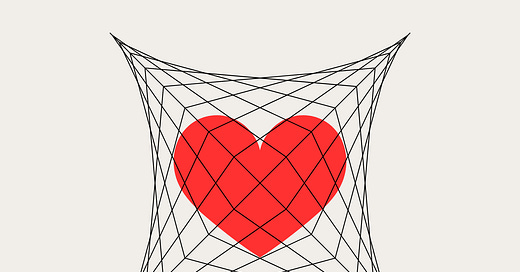"If the work doesn’t require creativity, delegate it, automate it, or leave it."
— Naval Ravikant
The Favourite Trap
The longer we stay attached to what’s familiar, the less curious we become about better alternatives.
Something works—a person, a tool, an idea—and we develop an attachment to it. Affinity is a powerful motivator.
When we crown something as our favourite—or label it “the best”—we risk closing ourselves off to discovery and growth. Familiarity feels safe, but over time, it can quietly diminish our curiosity and close us off to new possibilities that might serve us even better.
Loyalty to what we know shouldn’t outweigh our willingness to explore.
The key to evolving is staying open to new ways of doing things. But there’s a balance: trying something new every week can be just as unproductive as clinging to what we know. Both extremes have a cost.
The goal isn’t constant change or endless searching—it’s staying curious while being discerning. It’s asking: Is this still true? Is this still important? Is this still effective? Could there be another option or a better way?
Shifts & Signals
Trends and undercurrents in culture and technology
For the first time since 2009, global media usage is projected to decline by 0.3% in 2025, suggesting a saturation point in digital engagement. Source
Physical media (vinyl records and CDs) are experiencing a comeback. In 2024, physical music sales rose 5% to $2 billion, with vinyl accounting for $1.7 billion. Source
Microsoft’s design team predicts future creative workflows will involve humans and AI improvising together, blending human intuition with AI’s speed and scale. Source
Learning Lab
Listening - Superhuman’s Secret to Success
Happening - London Experience Week
Watching - Sam Altman & Chris Anderson at TED
Working Theory
You can’t optimize for two things at the same time. The very nature of optimization demands that we prioritize. We are more effective when we determine what matters most.




Love this concept and how you've structured it, starting with the opening quote. 🔥
Your working theory reminds me of Steven Pressfield's Priority Principle, which states: (a) you must know the difference between what is urgent and what is important, and (b) you must do what is important first.